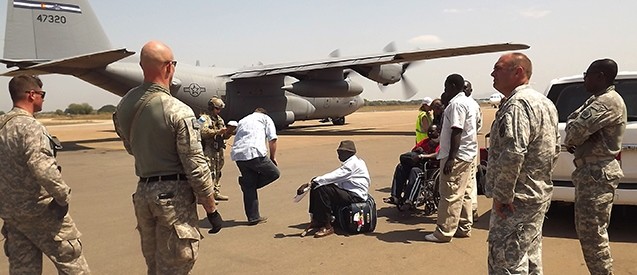The United States on Tuesday issued a travel advisory to its citizens against travelling to South Sudan, a day after recalling its ambassador to the world’s youngest nation.
"Violent crime, such as carjackings, shootings, ambushes, assaults, robberies, and kidnappings is common throughout South Sudan, including Juba. Foreign nationals have been the victims of rape, sexual assault, armed robberies, and other violent crimes," it said.
The safety warning further said armed conflict in South Sudan is ongoing and includes fighting between various political and ethnic groups. It pointed out that weapons are readily available to the population.
The travel advisory also warned journalists that reporting in South Sudan without the proper documentation from the South Sudanese Media Authority is considered illegal, and any journalistic work there is very dangerous.
The US State Department, however, advised its citizens who are planning to travel to South Sudan to exercise extreme care in all parts of the country, including Juba.
“Travel outside of Juba with a minimum of two vehicles along with appropriate recovery and medical equipment in case of mechanical failure or other emergency,” it said.
The US government also urged its citizens to void travel along border areas.
South Sudan President Salva Kiir, opposition leader Riek Machar and a handful of other opposition groups signed a peace deal in September 2018. The rival leaders had been unable to create a unified army and determine the number of states since the deal was signed.
On November 7, the parties agreed to give themselves another 100 days beyond the November 12 deadline to form the transitional government.
The United States, the top humanitarian donor to South Sudan, said it was frustrated by rival leaders for failing to form the unity government as scheduled.




